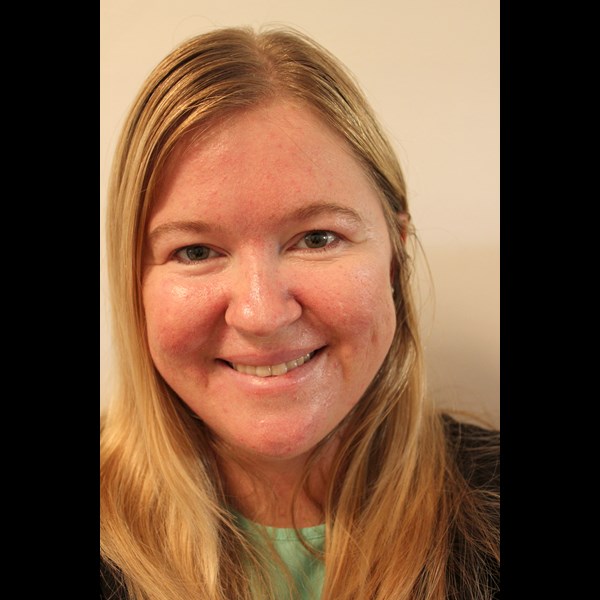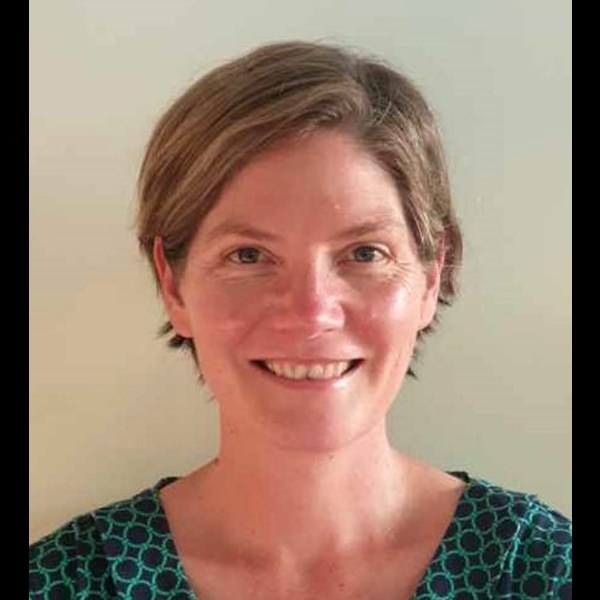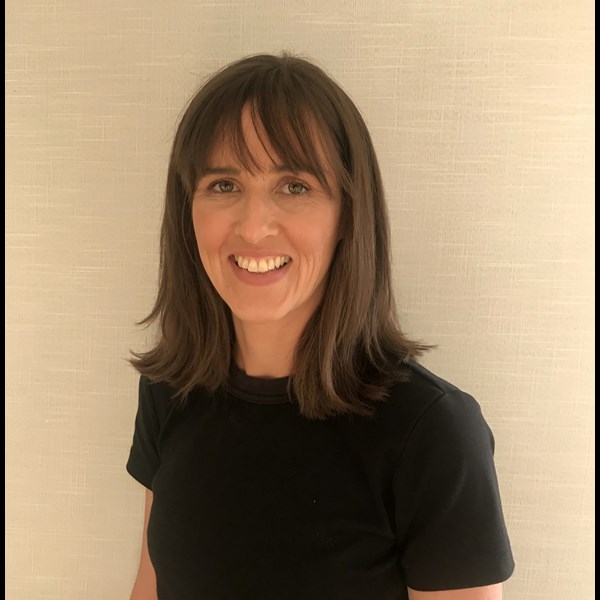2020 Research Grants recipients
We awarded 4 Early Career Researcher Seed Grants of $50,000 each in 2020:
 |
Dr Joosup Kim, Monash UniversityUnderstanding long term community support provided by primary care |
 |
Dr Kirstine Shrubsole, Southern Cross University |
 |
Dr Elizabeth Lynch, The University of Adelaide |
 |
Ms Emily Ramage, The University of Newcastle |
Understanding long term community support provided by primary care
In this project, we will be investigating the quality of care provided by General Practitioners to patients with stroke once they are discharged from hospital. By connecting information collected in hospital and in general practices, we will be able to examine gaps in the continuity of care.
Current knowledge about how patients are treated in general practices after stroke is limited. Unique to our study, we will be able to describe the management of risk factors in patients with stroke in greater detail. Our findings will potentially support the development of new projects that monitor quality of care after stroke and the development of systems that will ensure that patients are receiving appropriate care.
What are the success measures for the project and the next steps following its completion?
Approximately 80 percent of strokes are preventable with appropriate use of medications and lifestyle changes. In this innovative project, we will link data collected in the Australian Stroke Clinical Registry (AuSCR) with a dataset from approximately 800 general practices in Victoria (POLAR). POLAR contains detailed information about biometrics, pathology results, lifestyle risk factors, referrals and community services, which will enable researchers to gain important insights into the quality of care provided to patients with stroke in primary care.
These data will be instrumental for identifying survivors of stroke who are at greater risk of stroke and other cardiovascular events. This will in turn provide robust data driven recommendations for improving the effectiveness of long-term primary care management of patients with stroke. These data will also inform practice and policy and identify areas where an intervention is required to be implemented for primary care providers in Australia.
By conducting this research, we will also be able to inform the development of an integrated data platform involving the AuSCR with POLAR and other datasets that may be conducted to understand the entire continuum of stroke care.
There has been limited research undertaken on the management of patients with stroke in primary care after they are discharged to the community. We anticipate that our findings will be novel and therefore publishable in high impact journals and media.
This work will also establish processes to link AuSCR and POLAR on a routine basis so that quality of care after stroke can be monitored more consistently. Therefore, another success measure will be the achievement of future linkages between AuSCR and POLAR.
Implementing Conversation Partner Training with Carers of People with Aphasia: A pilot implementation study
Aphasia is a significant communication disorder that affects up to 38 percent of stroke survivors. Carers find it challenging to communicate with people with aphasia, which leads to increased carer burden and isolation, and can have a negative impact on their personal relationships. There is strong evidence that Communication Partner Training (CPT) improves communication outcomes for people with aphasia and their carers, but less than half of Australian speech pathologists provide this carer training.
This pilot project aims to improve speech pathologists’ practice in providing communication partner training to carers of people with aphasia. Using a stepped wedge design, we will test the effectiveness of a tailored implementation package on speech pathologists’ practice. We will work with speech pathology teams in rehabilitation and community settings to overcome barriers to providing CPT. We will include carers and people with aphasia throughout this project, to assist with developing training materials and delivering the implementation package to speech pathologists.
Up to 65% of Australian stroke survivors return home, and carer burden is a significant issue for partners of people with aphasia. Improved CPT provision to carers of people with aphasia will lead to improved communication between couples, reduced carer depression and burden, and improved participation and quality-of-life for people with aphasia.
What are the success measures for the project and the next steps following its completion?
By the end of this project, we anticipate there will be a significant improvement in speech pathologists’ provision of CPT to carers. We hypothesise that this will lead to improved communication outcomes for people with aphasia and their carers. If successful, the next step will be to find funding to roll this program out to speech pathology and rehabilitation services nationally.
Where to go and what to do? Supporting carers of stroke survivors to get tailored information to meet their needs
After a stroke, survivors and their families need information to understand what has happened and how to plan for the future. Health professionals routinely provide information, but this is sometimes difficult to understand and people often forget what they are told.
In this project, we will work with carers of stroke survivors to develop resources to help people figure out:
- What they need to know: carers often report not knowing what questions to ask.
- How each person would like information provided: e.g. some people prefer to read books or blogs, others prefer face-to-face discussions, others prefer to have things shown to them.
- Who to approach for different types of information.
After developing the resources, we will test them at three inpatient rehabilitation units in South Australia, Western Australia and Victoria, and measure people’s health literacy, satisfaction and quality of life. If the resources seem useful, we will be ready to upscale this work in a large national trial.
Sixty percent of Australians struggle to find, understand or use health-related information. At a time of high stress and extremely high information need, carers of stroke survivors need to be supported to find and understand information relevant to their situation. This is important, because even years after a stroke, carers of stroke survivors who do not have the right information have higher levels of anxiety and depression.
What are the success measures for the project and the next steps following its completion?
Our first measure of success will be the development of an intervention to support stroke survivors and carers to identify and address their information needs. By using a co-design approach, we will ensure that the developed intervention is acceptable to stroke survivors, carers and health professionals.
To see how useful this intervention is, we will measure how well it can be incorporated into regular inpatient rehabilitation services (feasibility) through pilot testing at three sites in different states. We will also measure patient- and carer-reported outcomes (including health literacy), adherence with guideline recommendations and cost-effectiveness measures.
Following its completion, the intervention will be trial-ready for future evaluation in a fully powered cluster randomised controlled trial.
Physical activity and dietary interventions to reduce secondary stroke risk: The ENAbLE Pilot Randomised Controlled Trial
Our study will test the delivery of an exercise and a diet program aimed at reducing stroke risk for people who have had a stroke or transient ischaemic attack (TIA). The programs have been designed by researchers, stroke survivors, carers and healthcare professionals to ensure they are based on research evidence and meet the needs of those who will use them in the future.
The programs will be delivered via the internet into people’s homes by health professionals who will provide support and supervision. This means they can be used by stroke survivors, no matter where they live.
What are the success measures for the project and the next steps following its completion?
Recurrent strokes are common, even though most strokes can be prevented. Medical management is important to prevent stroke recurrence, but cannot address the full extent of the problem. Lifestyle factors such as exercise and diet are also important in reducing the risk of stroke recurrence.
Research has found that stroke survivors often have very low levels of physical activity and need more than just advice to support lifestyle changes to reduce their stroke risk. A program that provides stroke survivors with the necessary support to improve their levels of activity and diet is needed.
We will be measuring the effect the program has on the stroke survivor’s risk of having a stroke, quality of life, and fatigue as well as the program’s feasibility. To help us make any necessary improvements, we will ask the people involved in the study about their experience of the program.
We plan to use the results from this project to support funding for the expansion of this research on a national scale. This will provide more definitive results about the effect of our program and its economic viability.
